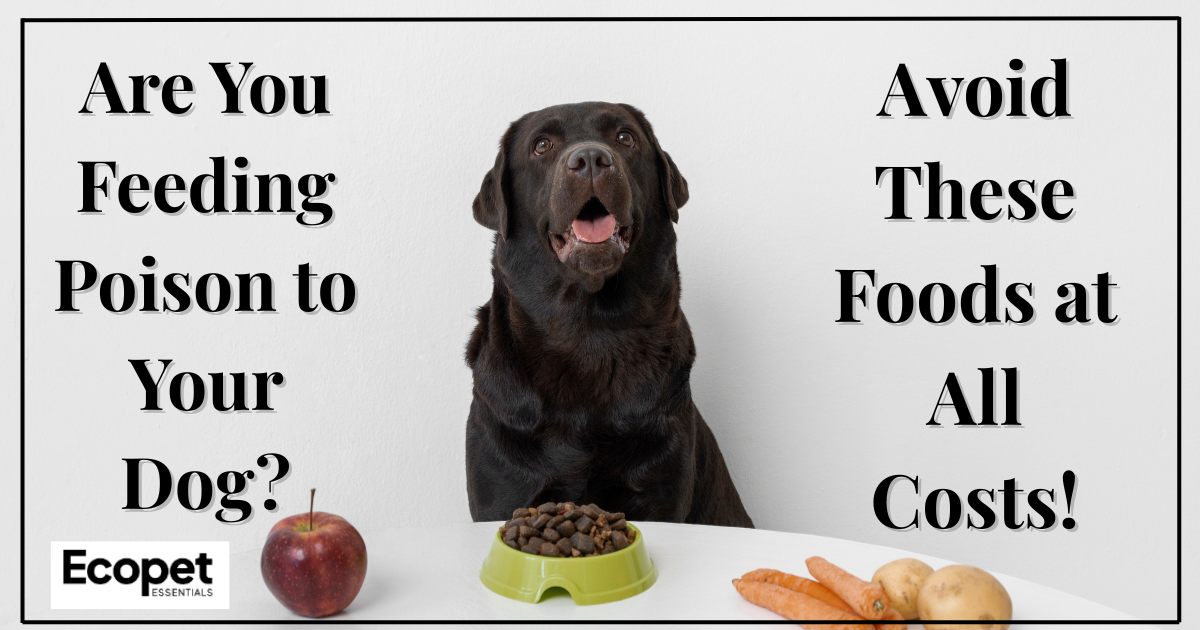
As dog owners, we all want the best for our furry friends. We buy them toys, treats, and sometimes even wonder if they can share a little bit of what’s on our plates. However, here’s a hard truth: certain human foods, including dog beer, can be dangerous, or even deadly, for dogs. Many cases of dog diarrhea, dog vomiting, or even emergencies like “my dog ate chocolate” come from feeding the wrong foods. At EcoPetEssentials, we’re here to help you make safe, healthy choices for your pup. In this blog, we are going to look at foods you should avoid, safe alternatives, and what to do if your dog ever gets into trouble.
We’ve all heard it. Dogs should never ever eat chocolate, not even a tiny nibble. Have you ever wondered why? Chocolate contains theobromine, a chemical that dogs can’t process. If your dog ate chocolate, you might notice dog vomiting, dog diarrhea, restlessness, or even seizures. If this happens, you have to call your vet right away. Sometimes vets recommend activated charcoal for dogs to absorb toxins, but only under professional guidance.
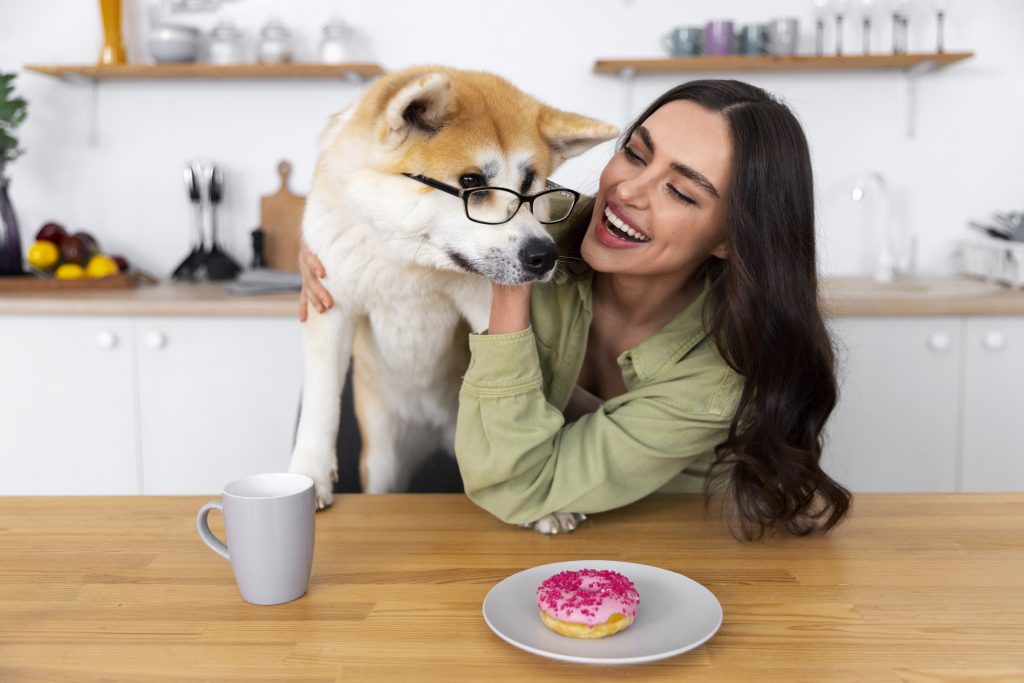
Many owners wonder, “Can dogs eat raisins?” The answer is a hard no! Grapes and raisins can cause kidney failure in dogs. Therefore, even a small amount can be life-threatening. They can be the cause behind symptoms like lethargy, loss of appetite, and vomiting. The next time your dog gives you the puppy eyes when you’re eating your oatmeal raisin cookie, you have to say no! You also have to always keep these out of reach, away from places your dog might easily get to.
These common ingredients may make food taste great for humans, but they can damage a dog’s red blood cells, leading to anemia. Therefore, you shouldn’t just give your dog leftovers from last night’s dinner. You have to avoid giving them foods like soups, sauces, and leftovers that might contain them. Also, check the ingredients of canned dog food before buying it, as they might contain these items.
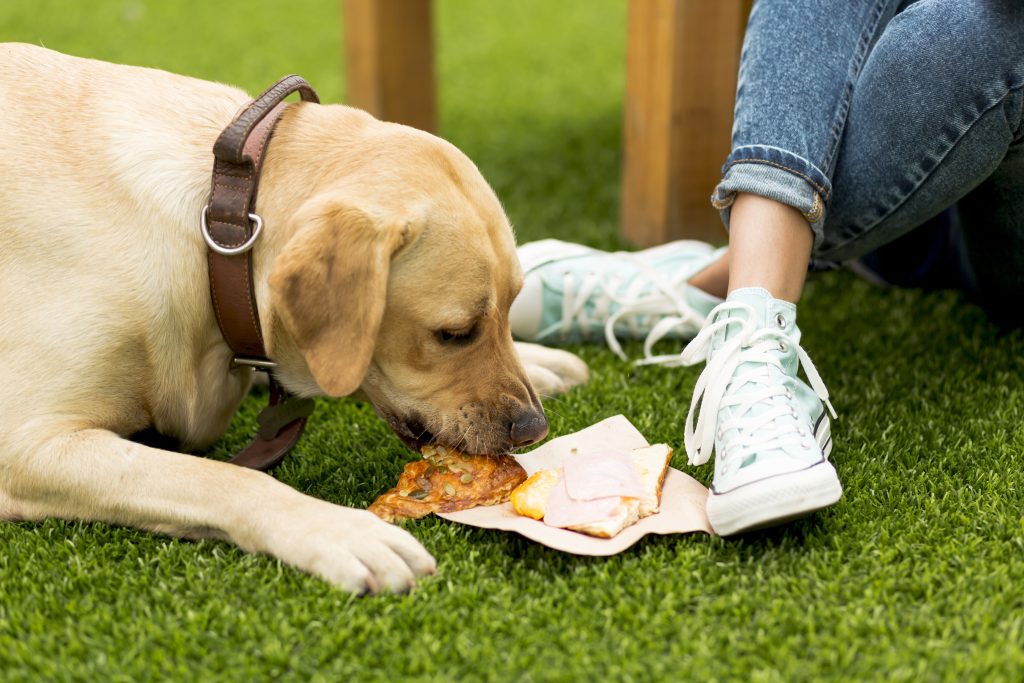
Pet parents often ask about specific foods:
If you are wondering, can dogs eat honey, then we have the blog for you! And one important question: Can dogs eat cat food? Technically, yes, but it’s not recommended. Cat food is too high in fat and protein for dogs and can cause stomach upset.
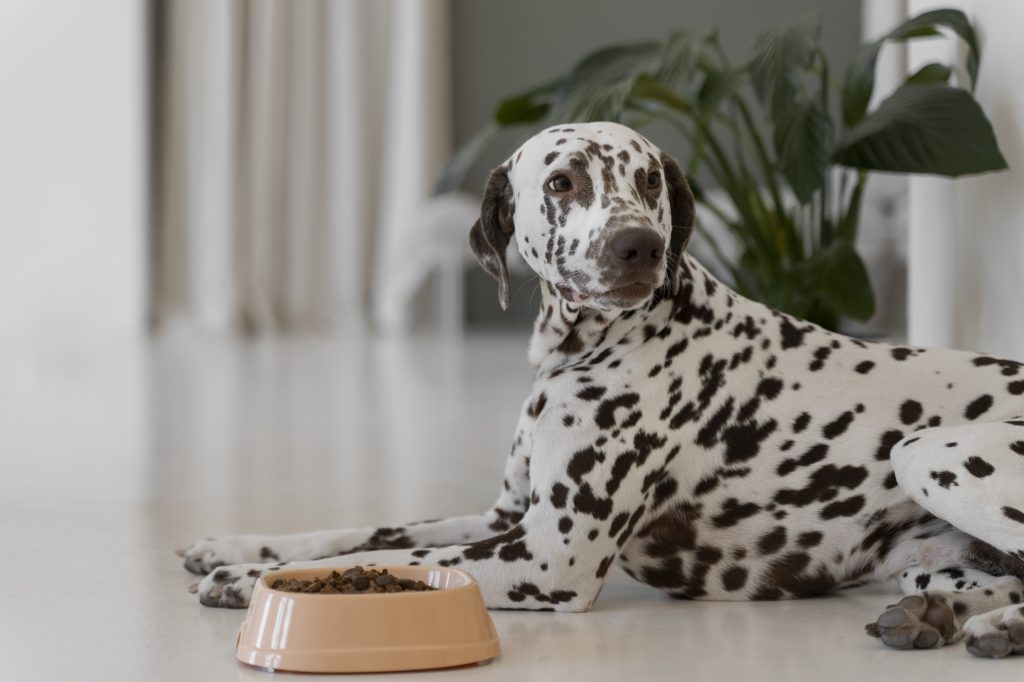
If your pup accidentally gets into unsafe foods, you may notice:
More serious signs include lethargy, seizures, or blood in stool. You have to call your vet immediately if these happen.
Dogs can also pick up illnesses from the environment:
It’s tough to think about, but part of being a responsible pet parent is preparing for the future. Questions like “What is the average dog cremation cost?” or “How long do dogs live?” often come up. Dog cremation costs can differ widely. Communal cremation, where ashes are not returned, often costs under $100. In contrast, private cremation, which returns your pet’s ashes, may exceed $450. The final price usually depends on your dog’s size, the cremation method selected, your location, and any extra services included. If you are wondering about the golden retriever lifespan, then it is typically 10–12 years. Therefore, planning ahead with knowledge about costs and options ensures you can make loving choices when the time comes. We all want the best for our dogs, even when they are no longer barking up our world.
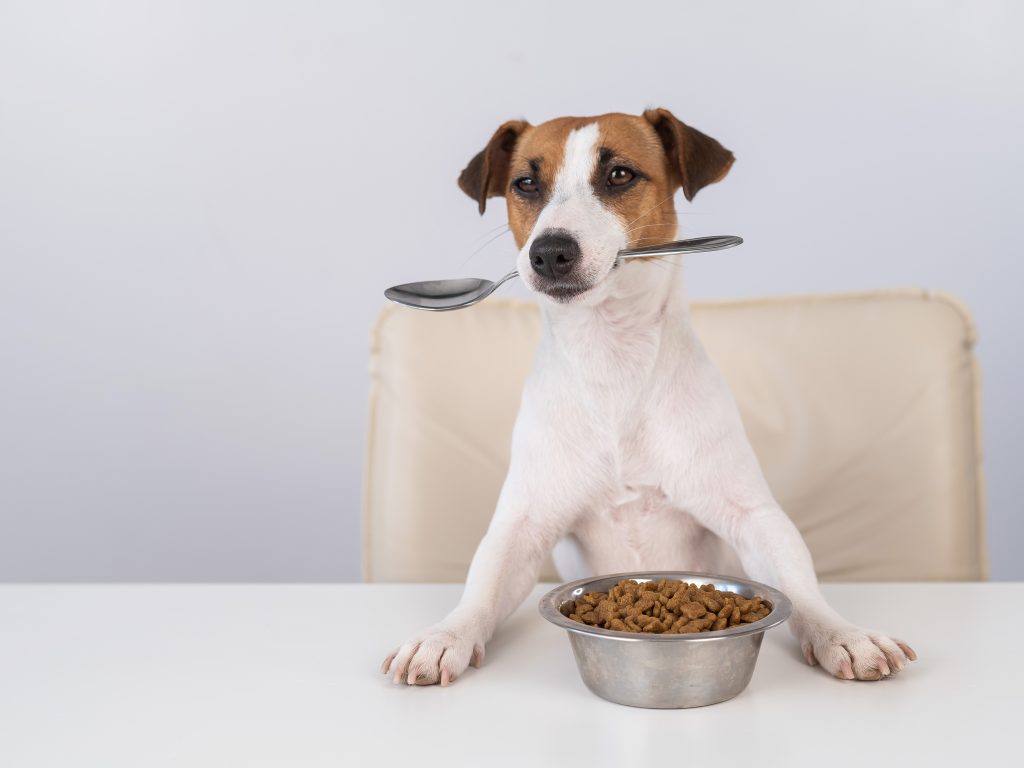
Food aggression and resource guarding can make safe feeding tricky. Therefore, working with dog trainers for resource guarding can help your pup learn to eat calmly and reduce stress at mealtime. This keeps both you and your dog safe. Dog trainers for resource guarding are even more important for big dog breeds, as they have more energy and need proper training.
The best way to keep your pup safe is through prevention. You should always pick dog-safe foods and treats and store harmful items like chocolate, raisins, and onions well out of reach. It’s also smart to keep a pet first-aid kit on hand, which may include supplies like activated charcoal for dogs. It’s best to get a first-aid kit from your local vet or pet shop. Every second counts in an emergency. Your knowledge of safe over-the-counter medications, such as the proper use of Benadryl for dogs, can also make a big difference. Finally, working regularly with trainers and veterinarians helps ensure your dog stays both happy and healthy.

Our dogs depend on us to keep them safe, healthy, and happy. Before you say yes to questions like, “Can dogs eat asparagus? Can dogs eat cantaloupe? Can dogs eat potatoes?”. You have to remember that checking first can save you from a dangerous emergency. At EcoPetEssentials, we believe being a great dog parent is about more than love. It’s about knowledge, care, and making safe choices every single day.
➥ What should I do if my dog ate chocolate?
If your dog ate chocolate, call your vet immediately. Symptoms may include dog vomiting, diarrhea, restlessness, or seizures. Your vet may use treatments like activated charcoal for dogs to absorb toxins. Quick action can save your pup’s life.
➥ Can dogs eat fruits like papaya, cantaloupe, or asparagus?
Yes, in moderation. Can dogs eat papaya? Yes, remove the seeds and peel first. Can dogs eat cantaloupe? Yes, it’s hydrating and low in calories. Can dogs eat asparagus? Yes, but cook it and cut into small pieces to prevent choking.
➥ How often do dogs need rabies shots to stay protected?
Most dogs need rabies shots every 1 to 3 years, depending on local laws and the type of vaccine. Ask your vet what schedule applies in your area. Staying up to date protects your pet and your community.
➥ What foods are toxic to dogs that owners should avoid?
The most dangerous foods include chocolate, raisins, grapes, onions, garlic, and raw potatoes. These can lead to issues like dog vomiting, diarrhea, or even organ failure. Always double-check before sharing food with your pup.
➥ Is Benadryl safe for dogs, and what is the correct dosage?
Yes, Benadryl for dogs is often used to treat allergies, itching, and anxiety, but only under a vet’s guidance. The dosage depends on your dog’s weight and health. Never give medication without confirming with your vet first.

Isla Bennett loves Misty, her two-year-old British Shorthair. And she wants to help other pet parents make sustainable choices that are good for their pets and the planet. She writes about easy ways to care for animals using green products. Isla believes that happy pets and a healthy earth go hand in hand. Her goal is to make pet care simple, fun, and eco-friendly. She also gives you insights about different pet Breeds and traits!